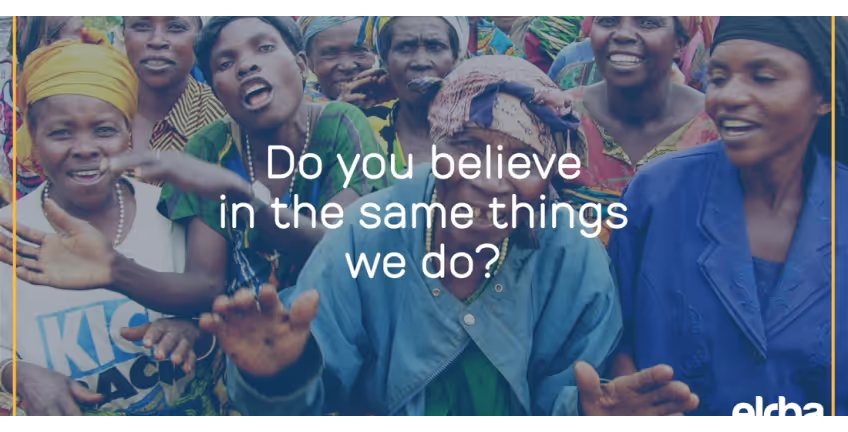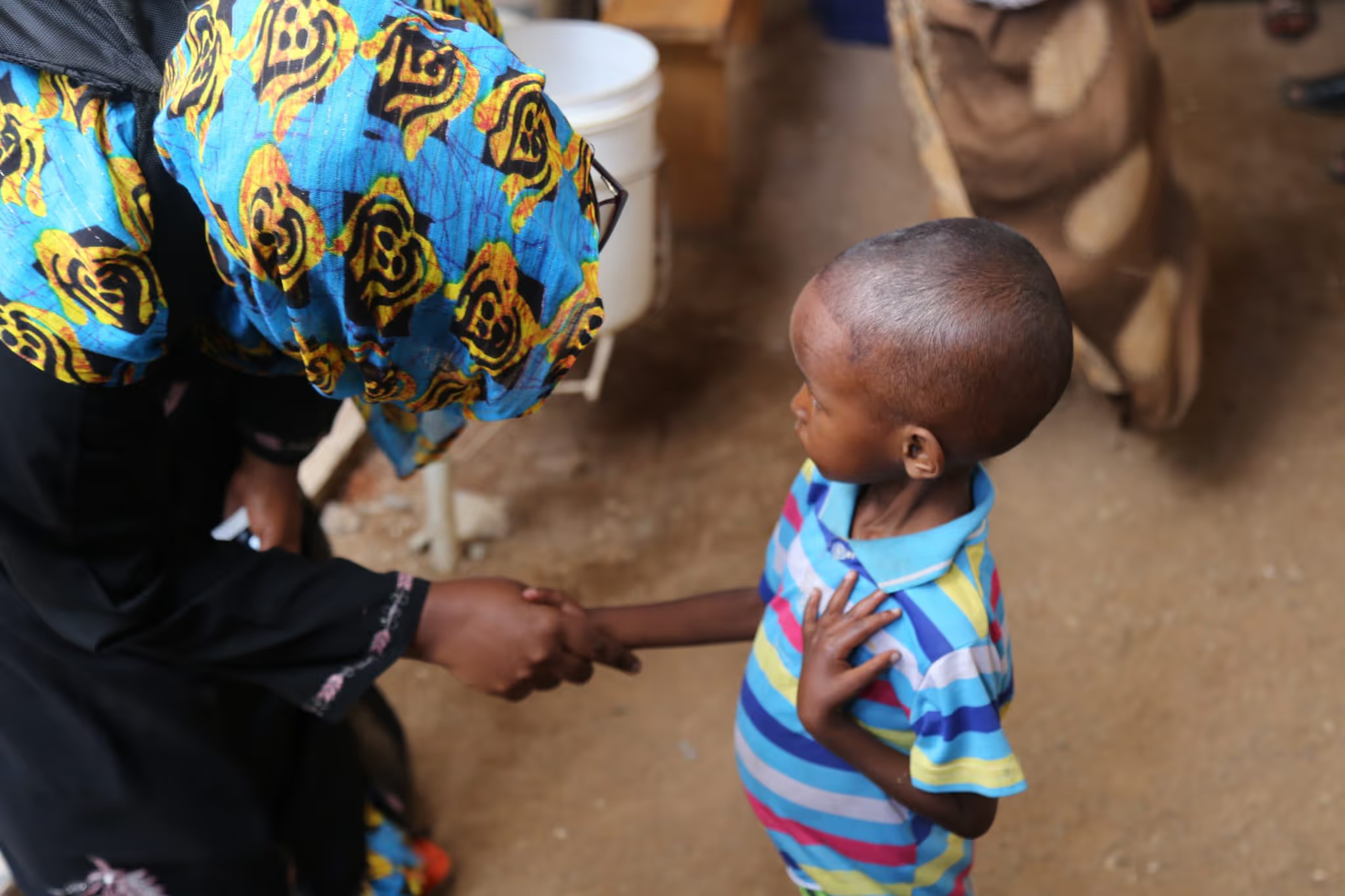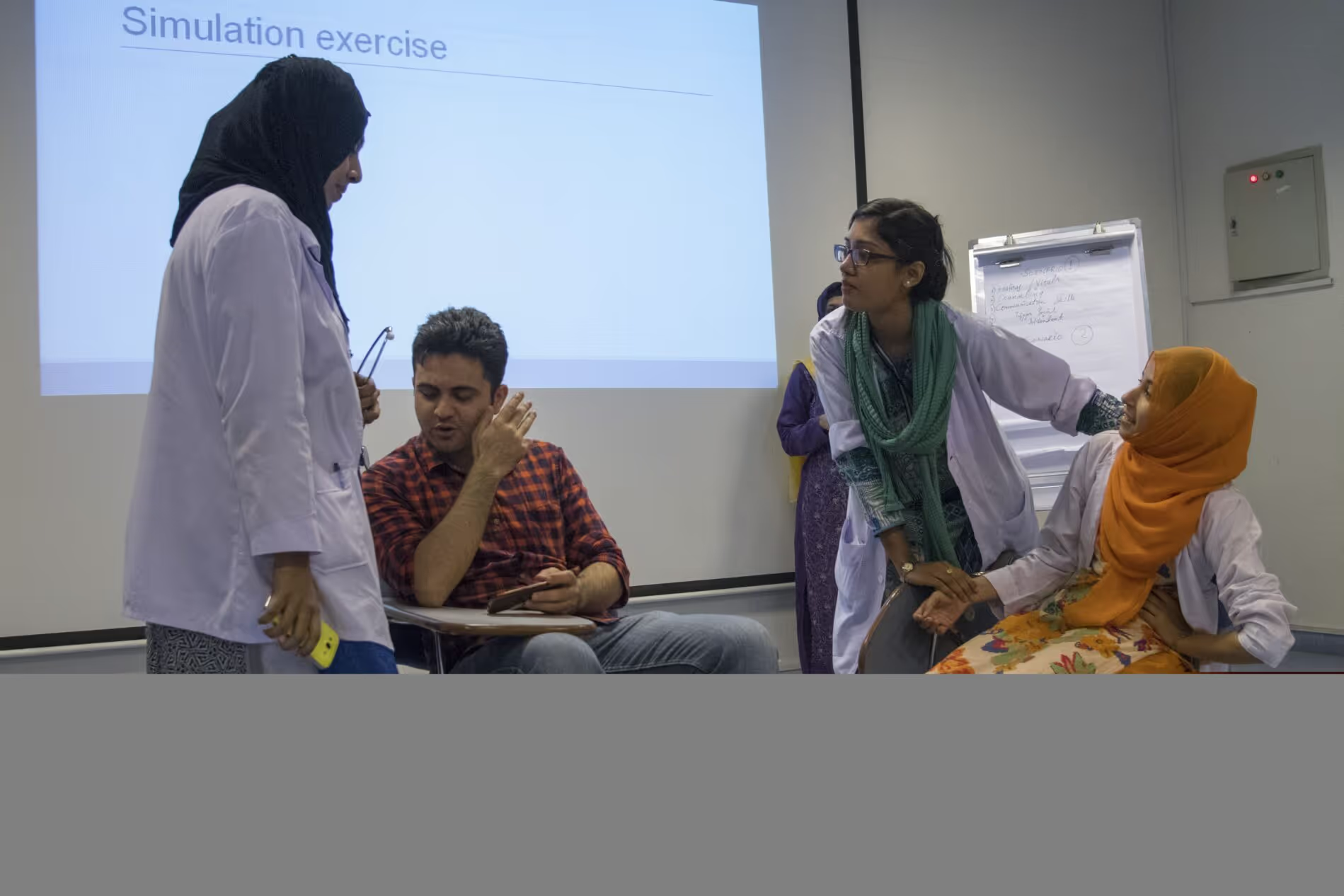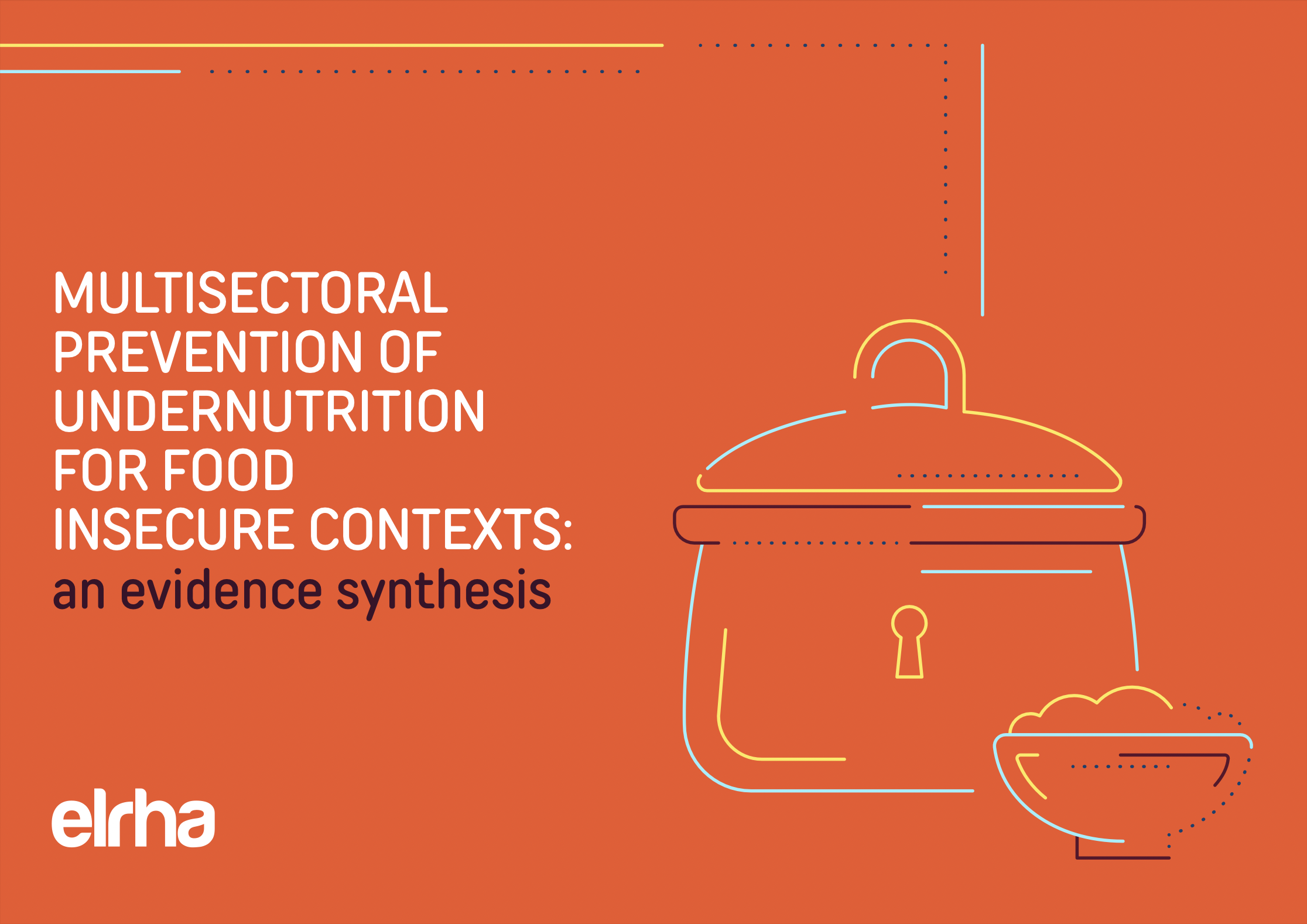Humanitarian research
Research is vital for improving humanitarian outcomes. We define research as the systematic investigation and analysis aimed at generating evidence, informing practice, and enhancing the effectiveness of interventions. Our commitment to research drives innovation, helping us tackle the most pressing challenges in the humanitarian sector.
Our commitment to research
We believe research can play a transformative role in humanitarian response by:
- Generating high-quality evidence to inform humanitarian policy and practice.
- Bridging the gap between research and response by ensuring findings are accessible and actionable.
- Strengthening local and global research ecosystems to support communities affected by crises.
- Promoting ethical, inclusive research that prioritises the voices and needs of affected populations.
A track record of impact
Elrha has been at the forefront of humanitarian research for more than a decade, bringing together researchers, humanitarian actors and policymakers to address critical challenges.
Through our Research for Health in Humanitarian Crises (R2HC) programme, we have funded more than 100 studies that generate evidence to improve health interventions in crisis settings. This research has shaped humanitarian policy and contributed to progress in mental health, infectious disease control, gender-based violence prevention and climate-related health risks.

Achievements in humanitarian research
Using evidence to improve humanitarian action
Our research has led to tangible improvements in humanitarian response, including:
- Mental health support in crisis zones – Funding mental health and psychosocial support research in some of the most challenging humanitarian settings, including Somalia, Afghanistan, Iraq and Myanmar.
- Public health innovations – Informing global policy on infectious disease outbreaks through rapid research responses to Ebola, COVID-19 and cholera.
- Climate and health research – Investigating how climate change affects humanitarian health, shaping strategies for tackling climate-related illnesses in low- and middle-income countries.
Bridging research and practice
We know research is most effective when it is used to inform humanitarian action. Our research impact support helps researchers translate findings into actionable guidance, ensuring evidence is used in decision-making.
Goals and vision
Looking ahead, our research agenda is shaped by our 2023-2040 Strategy, which sets ambitious long-term goals for humanitarian research and innovation. Our priorities include:
- Expanding locally-led research by strengthening partnerships with institutions and humanitarian agencies in crisis-affected regions.
- Improving research funding pathways to support long-term, systemic change.
- Developing new research methods that promote ethical, participatory and inclusive approaches.
- Ensuring research influences policy and practice by working closely with decision-makers at national and global levels.
Focus areas
We are currently working in a number of Focus Areas, funding and supporting research addressing the most pressing humanitarian health challenges
Meet our donors
Discover the generous supporters who make our work possible. Explore our donors and learn more about their contributions and impact.
Research resources
Through our funding and partnerships, we have become a leading producer of Research resources for the humanitarian sector.
Our funding process
Interested in how our funding can support your work? Explore our funding process and see how we support our grantees in making a global impact.
Image credits
1. Health staff at Beit Hanoun Health Centre in Gaza wearing full personal protective equipment to protect themselves and others from the transmission of COVID-19 virus - Photo by Dr. Nisreen Halabi/UNRWA.










